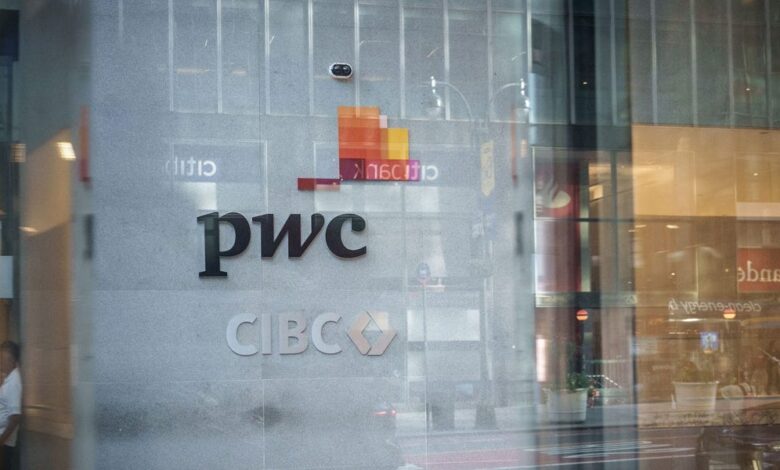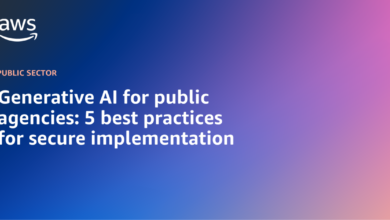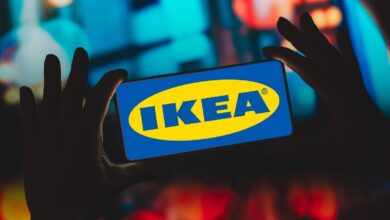PwC Inked a Deal With OpenAI for Its Most Powerful Version of ChatGPT

- PwC has a new deal with OpenAI as the largest user and first reseller of ChatGPT Enterprise.
- The deal comes amid surging interest in GenAI, with 950 of its top 1,000 clients engaging with it.
- “Your business strategy and your AI strategy in this world need to be intertwined,” said a PwC exec.
Big Four consultancy firm PwC has a new deal with OpenAI to help its staff and clients leverage generative AI.
The companies announced Wednesday that PwC will now be the largest user of ChatGPT Enterprise, the most powerful tier of ChatGPT geared toward businesses. According to OpenAI, it offers higher-grade security, longer context windows to process longer inputs, and more advanced data analysis abilities than the consumer version of ChatGPT. PwC will deploy the product across 100,000 of its employees between the US and UK.
As part of the deal, PwC will also be the first reseller of ChatGPT Enterprise — meaning that clients can now purchase the product from both OpenAI and PwC.
The deal formalizes the surging interest in generative AI that PwC has seen from clients over the past year. Around 950 of the firm’s top 1,000 consulting clients in the US are actively engaged with generative AI, and many more are discussing the use and implications of the technology, according to its press release.
PwC announced last year that it would invest a billion dollars in generative AI over the coming three years to provide AI training and tooling for its employees — like its conversational AI assistant ChatPwC. Since then the firm has documented over 3,000 use cases for the technology, Joe Atkinson, PwC’s US Chief Products & Technology Officer, told Business Insider. “We were our first client, so we would work through our client zero strategy,” Atkinson said. Under the new deal, “we’re bringing all of those capabilities and skills to our clients who are really, really eager to take their own strategy from where they are today to where they think they can be with generative AI.”
He said the biggest questions the firm gets from clients are about the risks and biases of AI models and the accuracy of their outputs. So, it’s clear they still need human oversight.
But Atkinson contends that businesses need to embrace AI if they want to survive.
“One of the things we keep telling our clients is, look, your business strategy and your AI strategy in this world need to be intertwined. That understanding, I think is really starting to make itself known in the C-suite and the boardrooms,” he said.
Axel Springer, Business Insider’s parent company, has a global deal to allow OpenAI to train its models on its media brands’ reporting.



